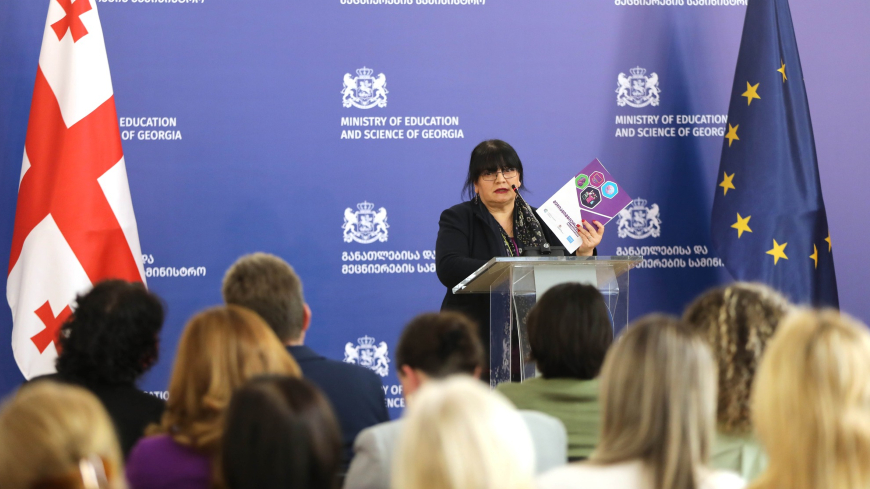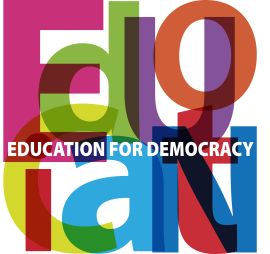The Ministry of Education and Science of Georgia is implementing the project ‘Integrating Media Literacy into Formal Education’ in partnership with the Communications Commission (ComCom), supported by UNICEF. A curriculum of Media Literacy, a manual and a training module for teachers were developed, and 600 teachers were trained countrywide in collaboration with the National Centre for Teacher Professional Development (TPDC). Media literacy was added to the curriculum for tenth graders as an optional subject from September 2023. To encourage students to select the subject, existing resources around Media Literacy are being promoted, among them the book 'Lessons of Media Literacy', authored by Natalya Ingorokva, the DCE Promotor for Georgia.
The above good practice has been shared via the Digital Citizenship Education (DCE) Promoters Network, created in 2019 to facilitate the implementation of DCE in schools and other non-formal and/or informal learning contexts, and for its promotion at local, regional and national levels. DCE promoters have carried out numerous activities aimed at policymakers, teachers, students, teacher trainers, families and school inspectors.
Media and Information Literacy is one of the 10 Domains in the Council of Europe's Digital Citizenship Education (DCE) project, which is designed to encourage children to develop their ability to critically understand and interpret digital media content, and to use digital technology to express their ideas. Download the Media and Information Literacy Factsheet to explore ways that you can offer exciting opportunities to your children or students to develop their critical thinking and express their creativity.




